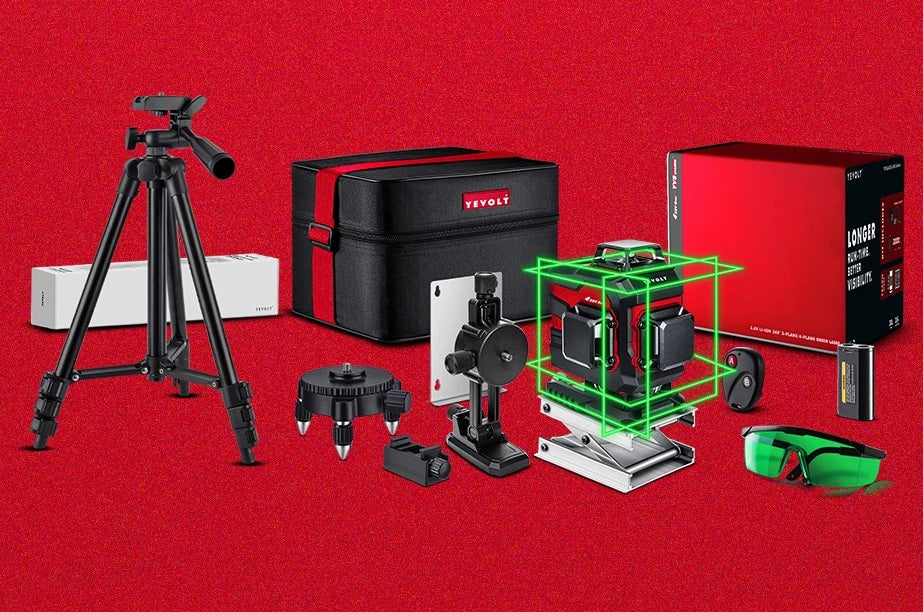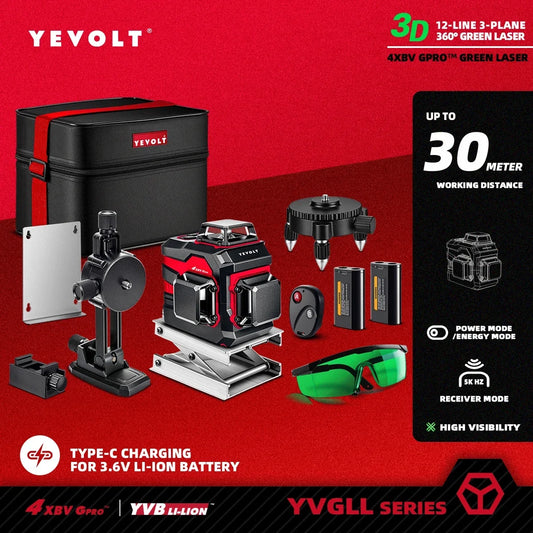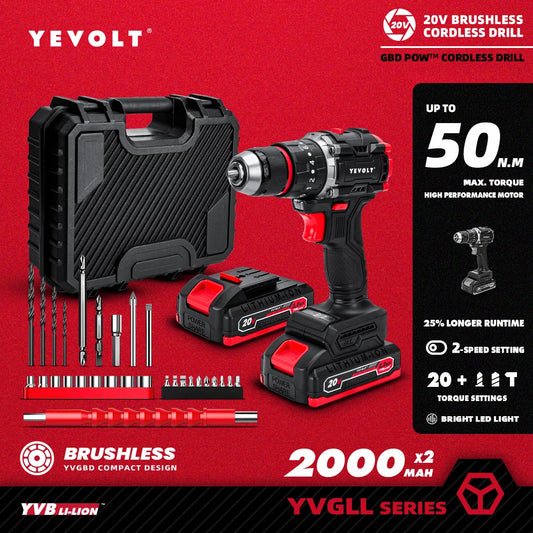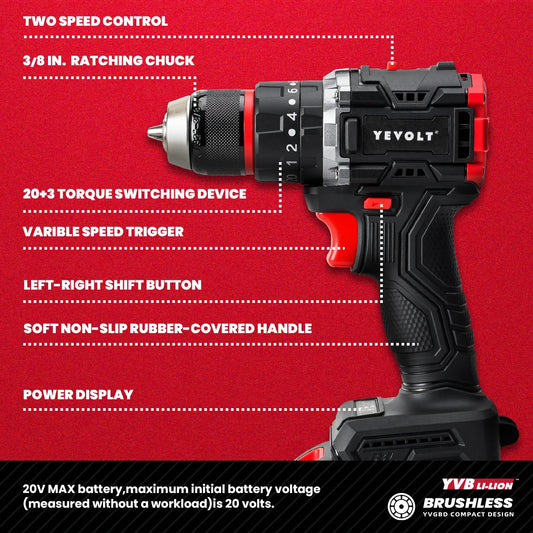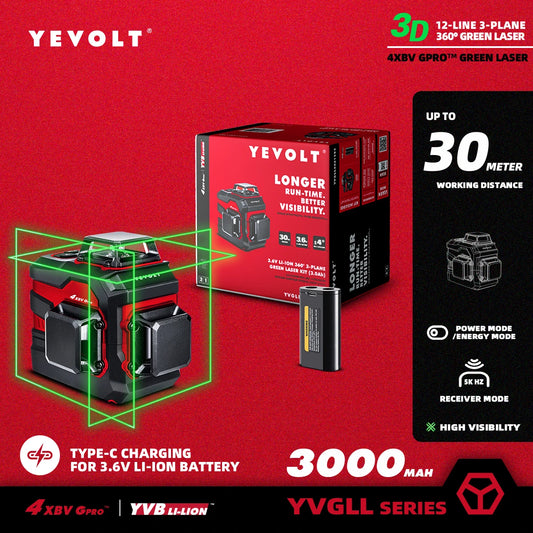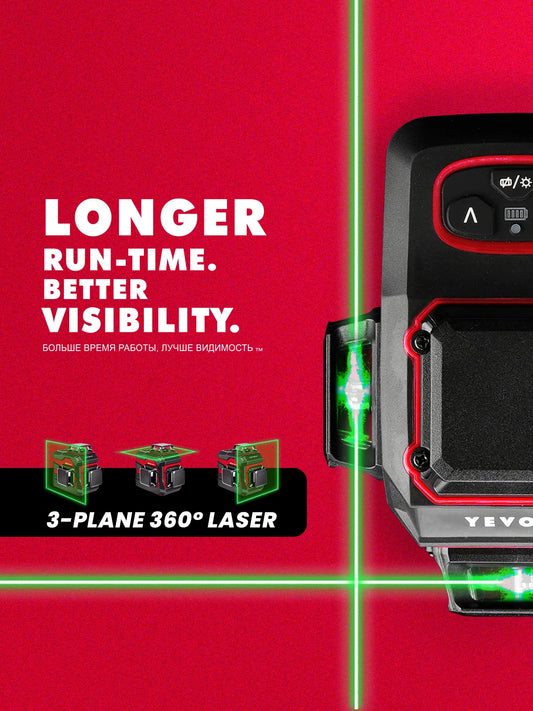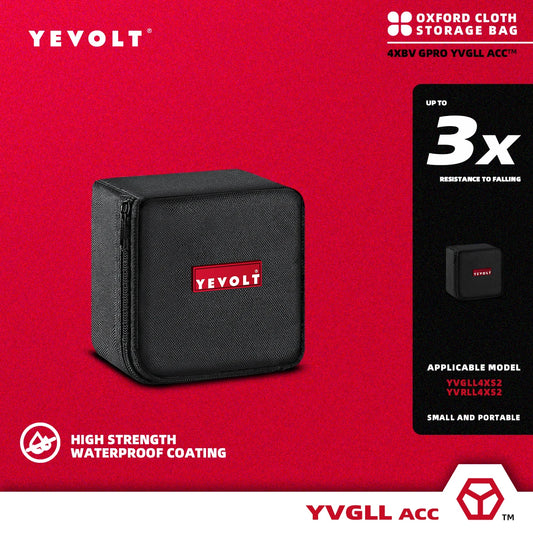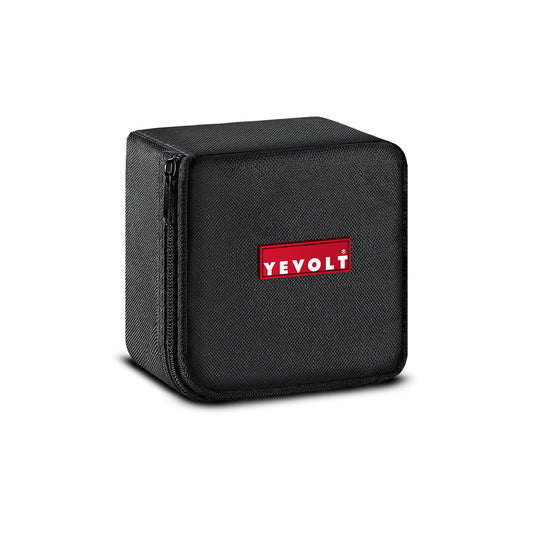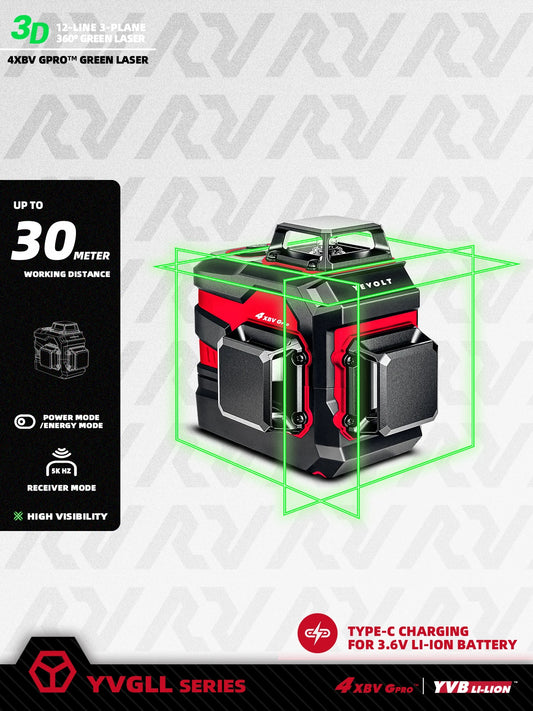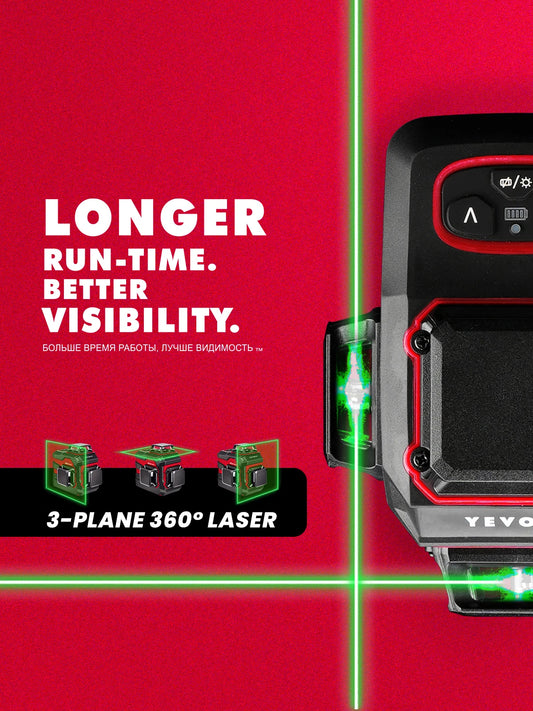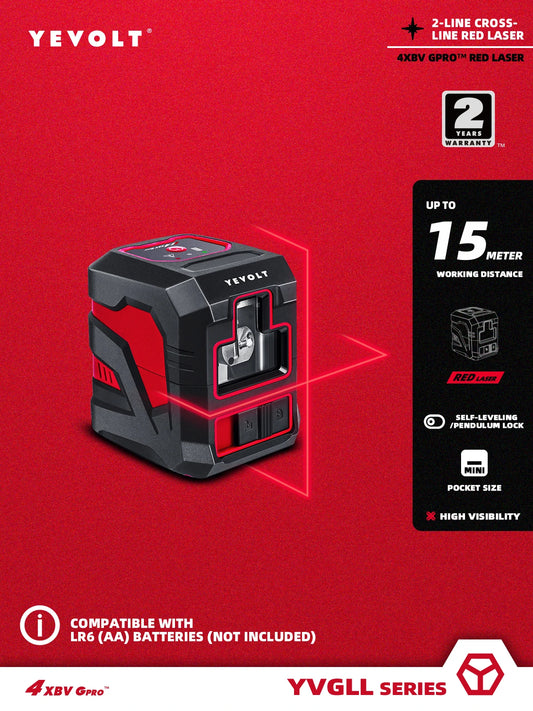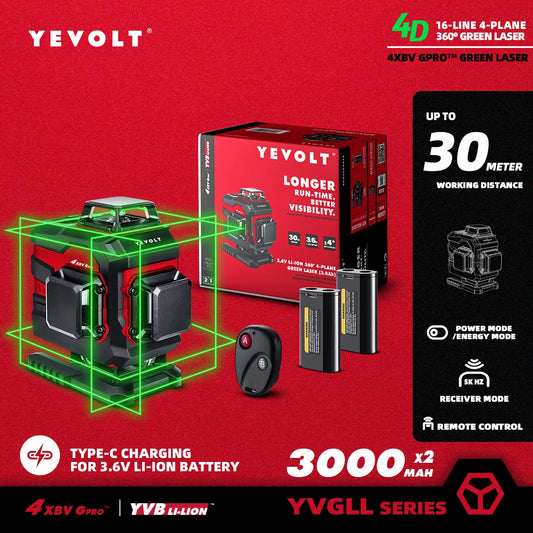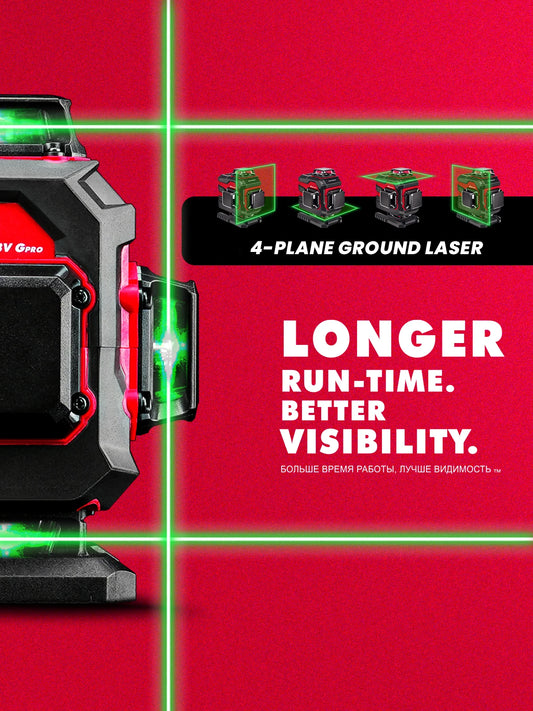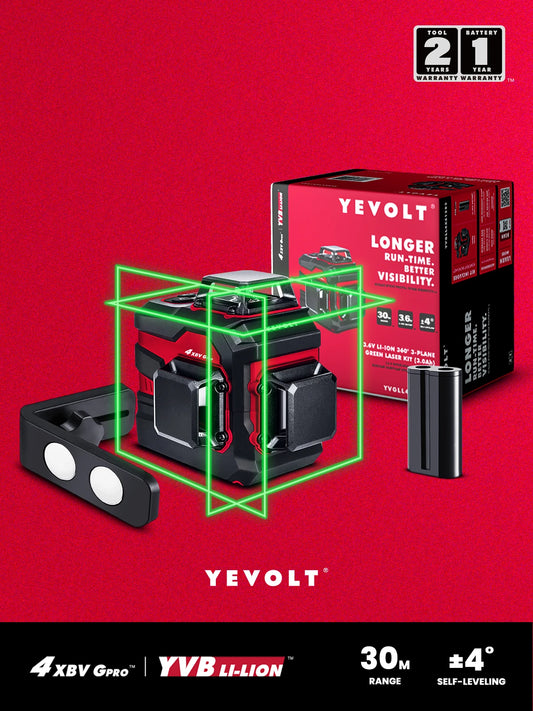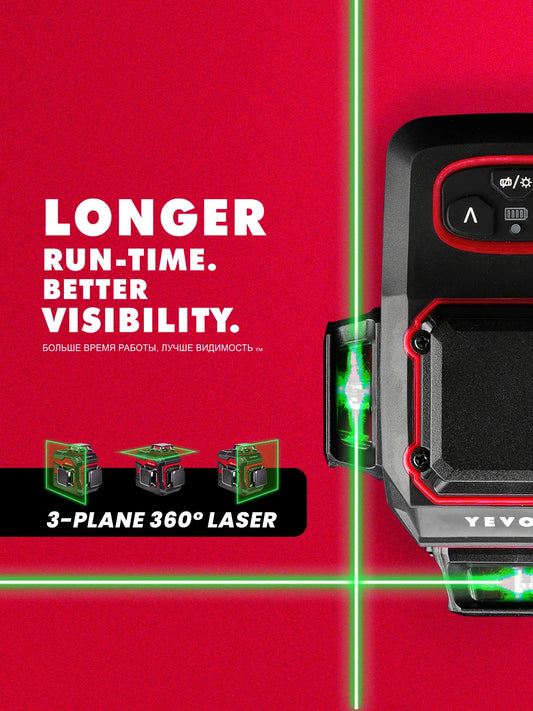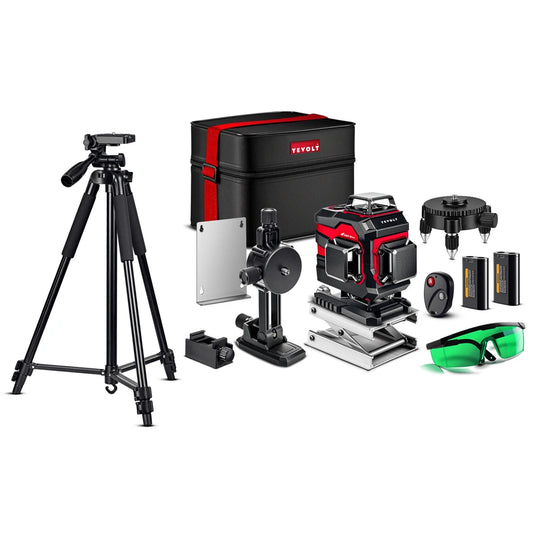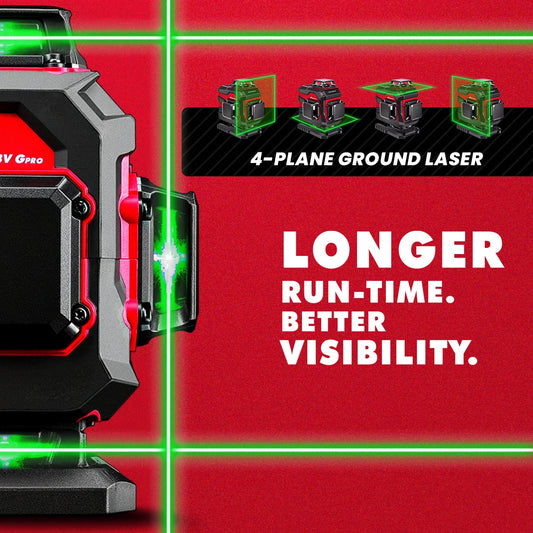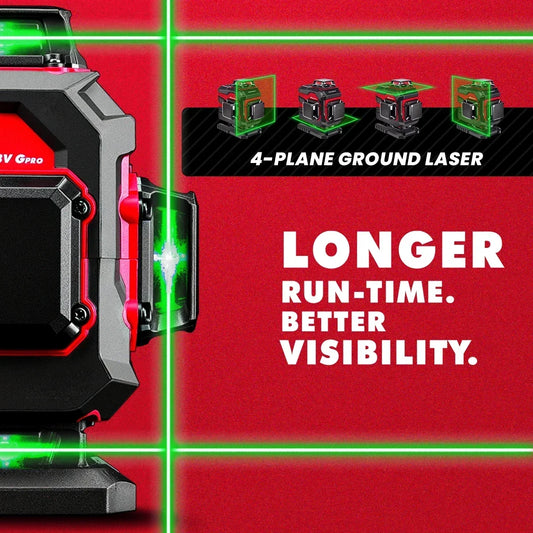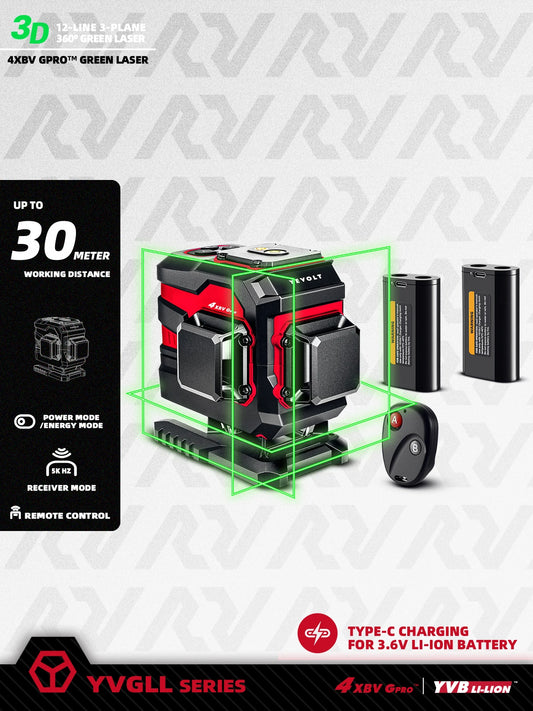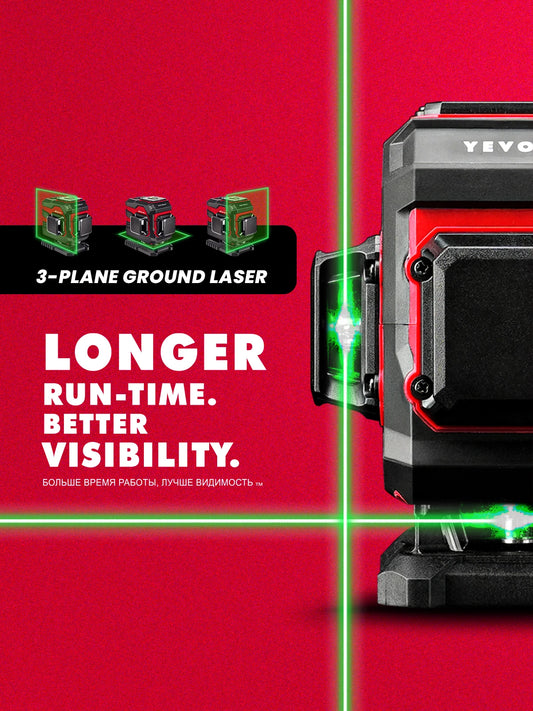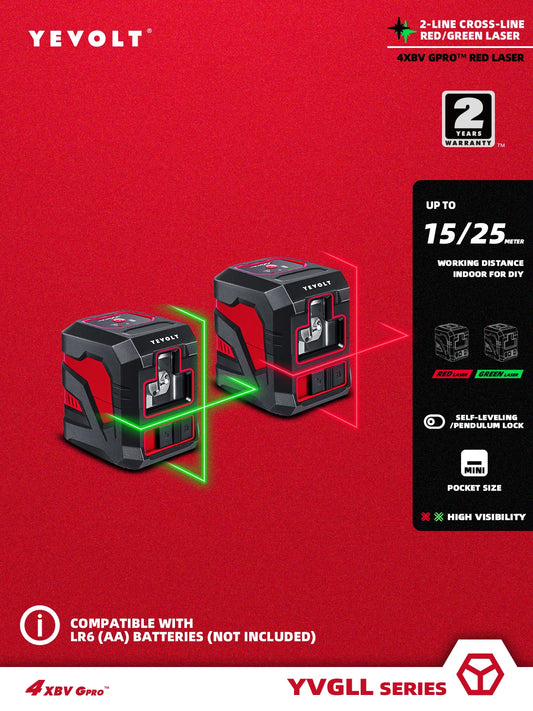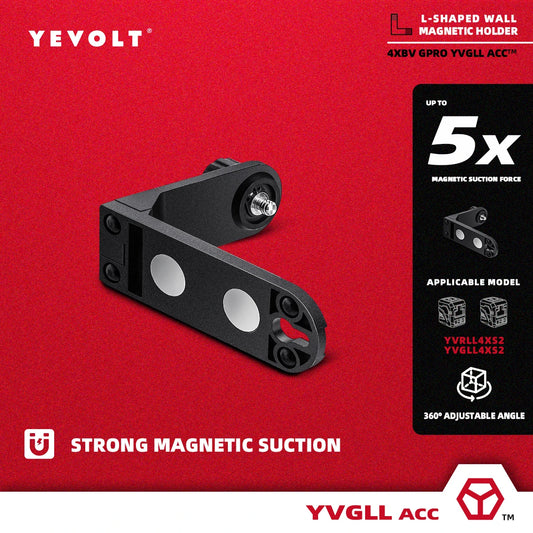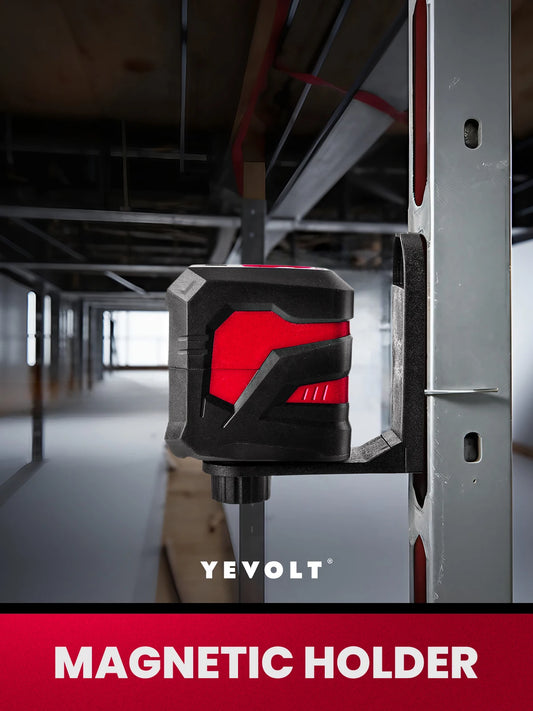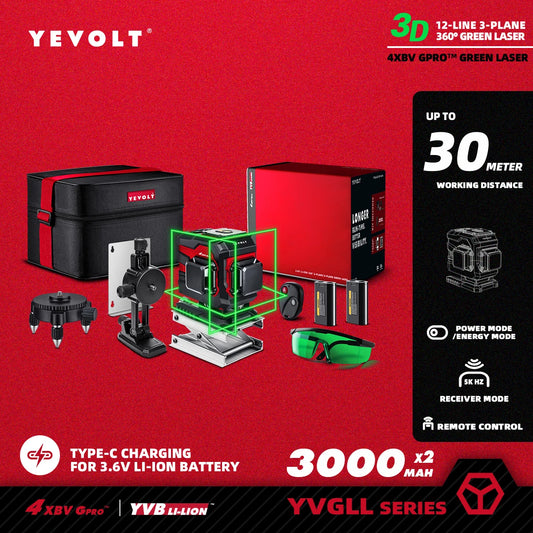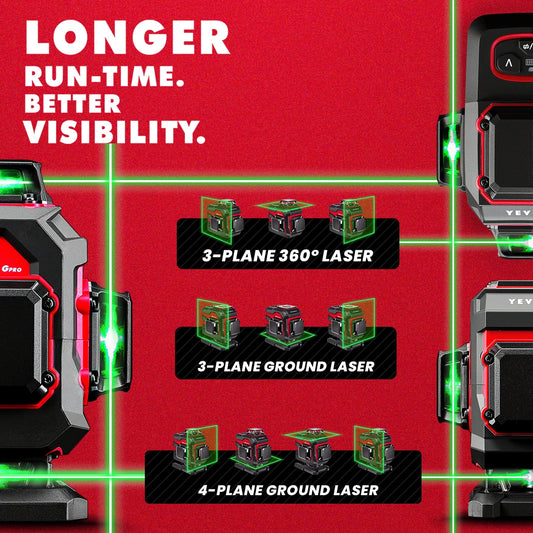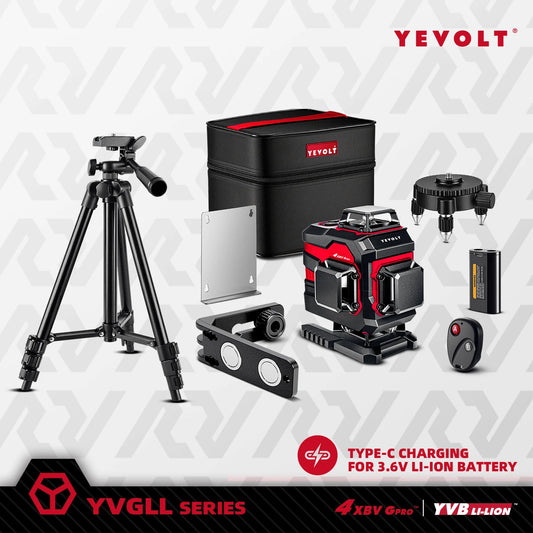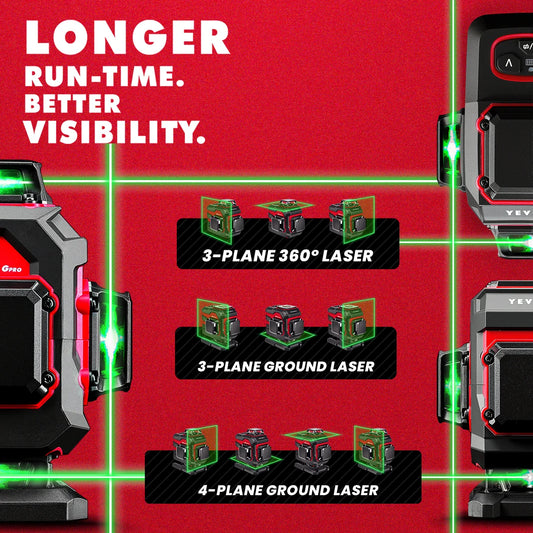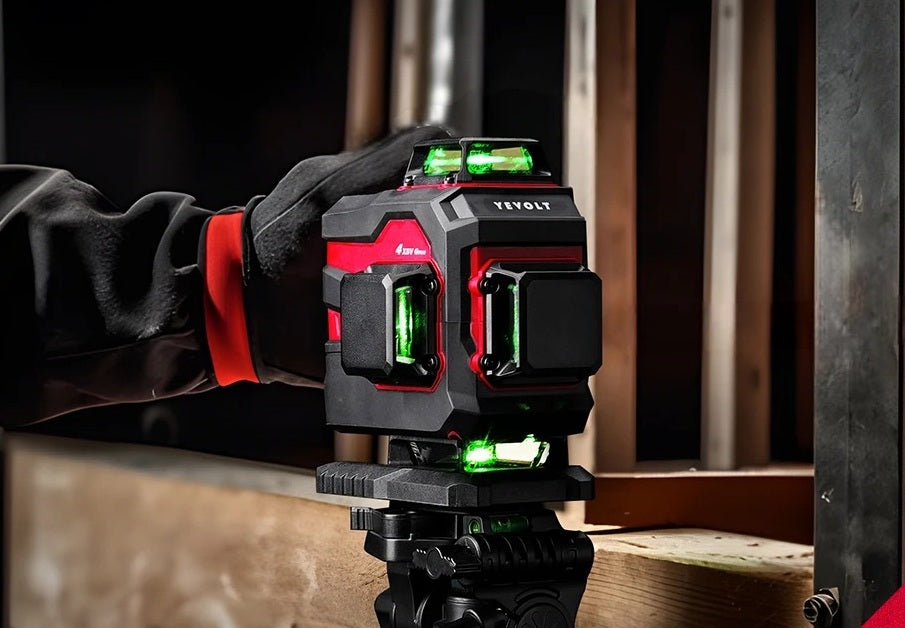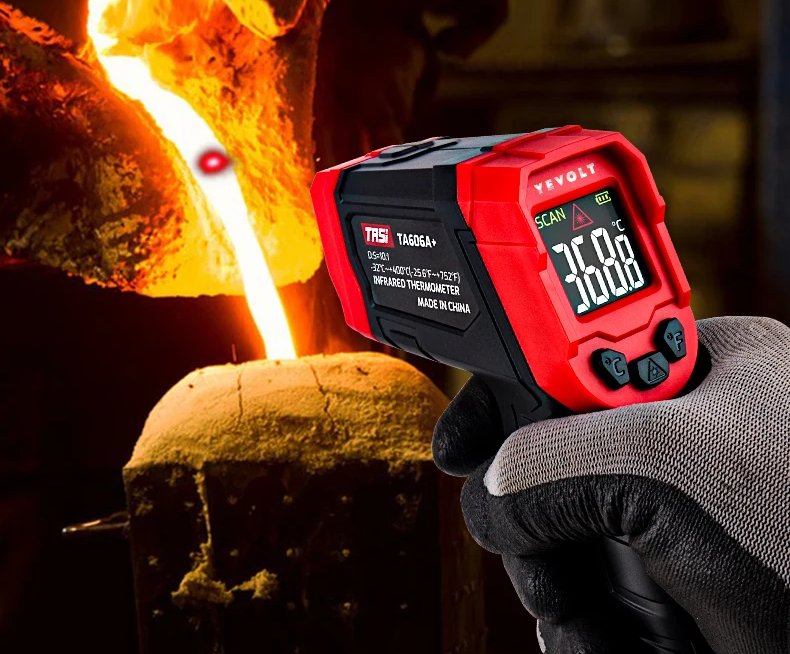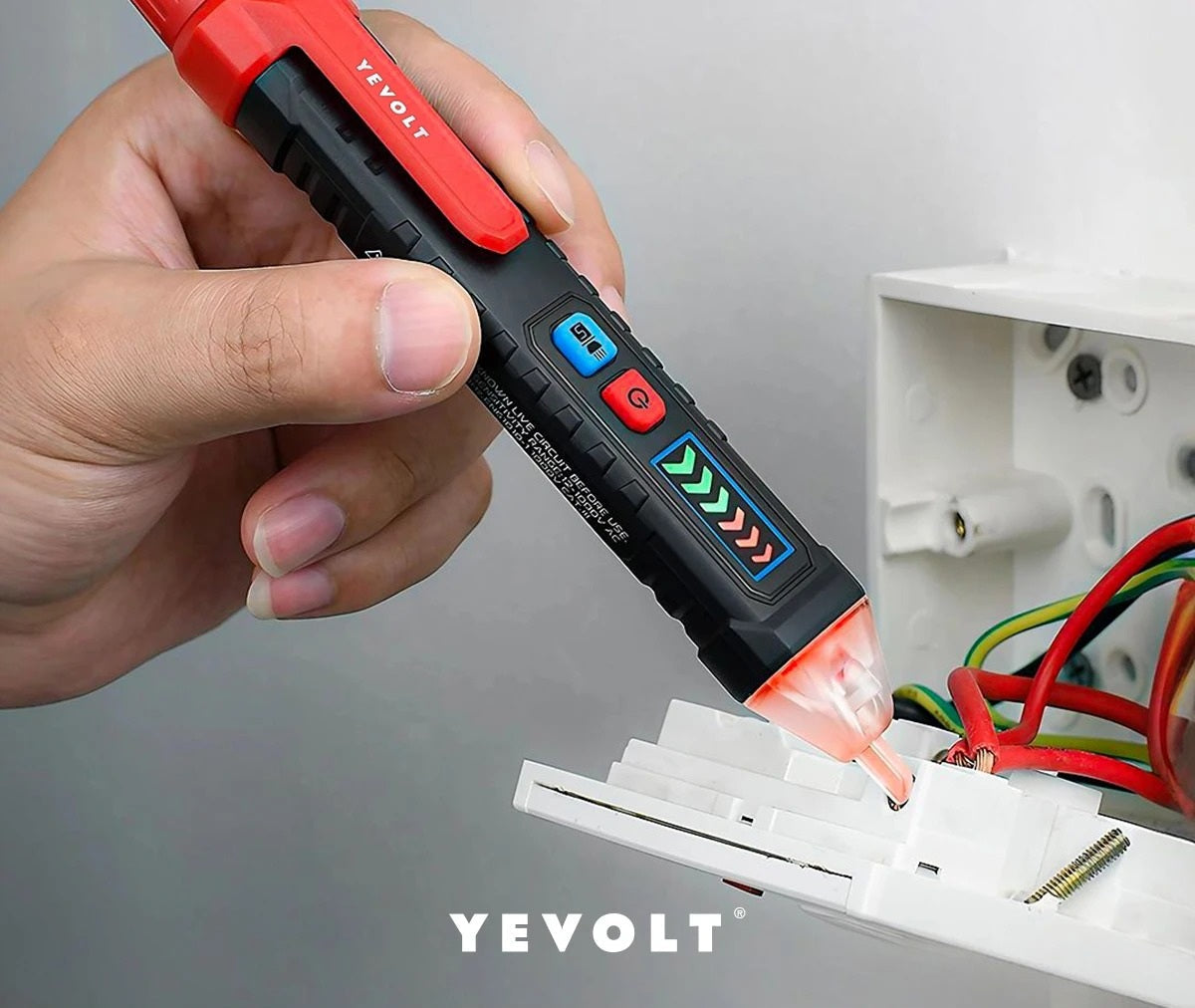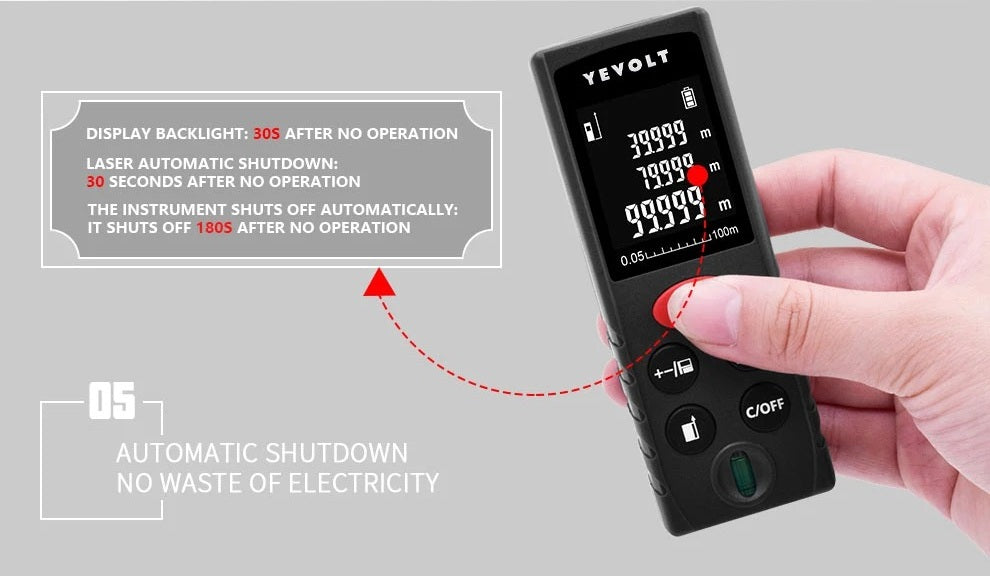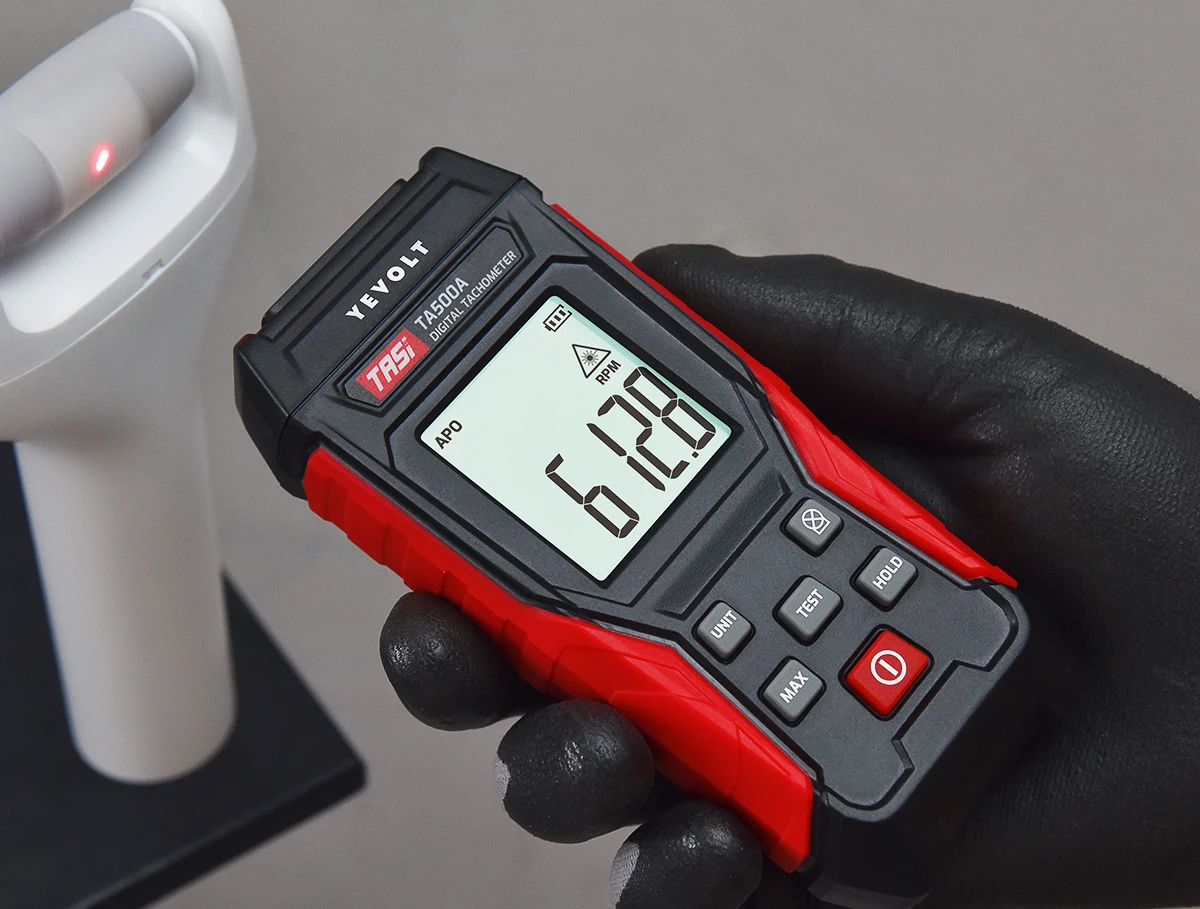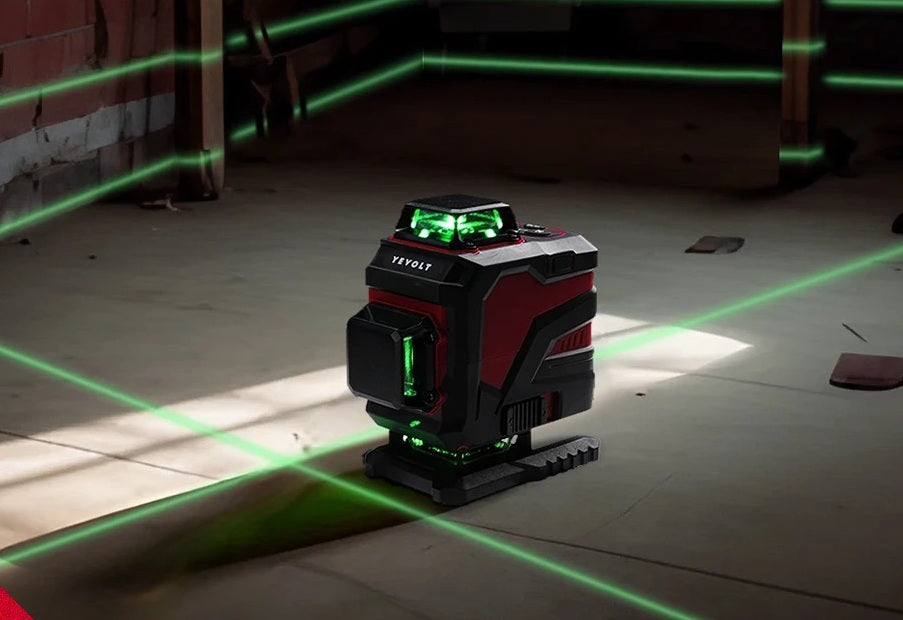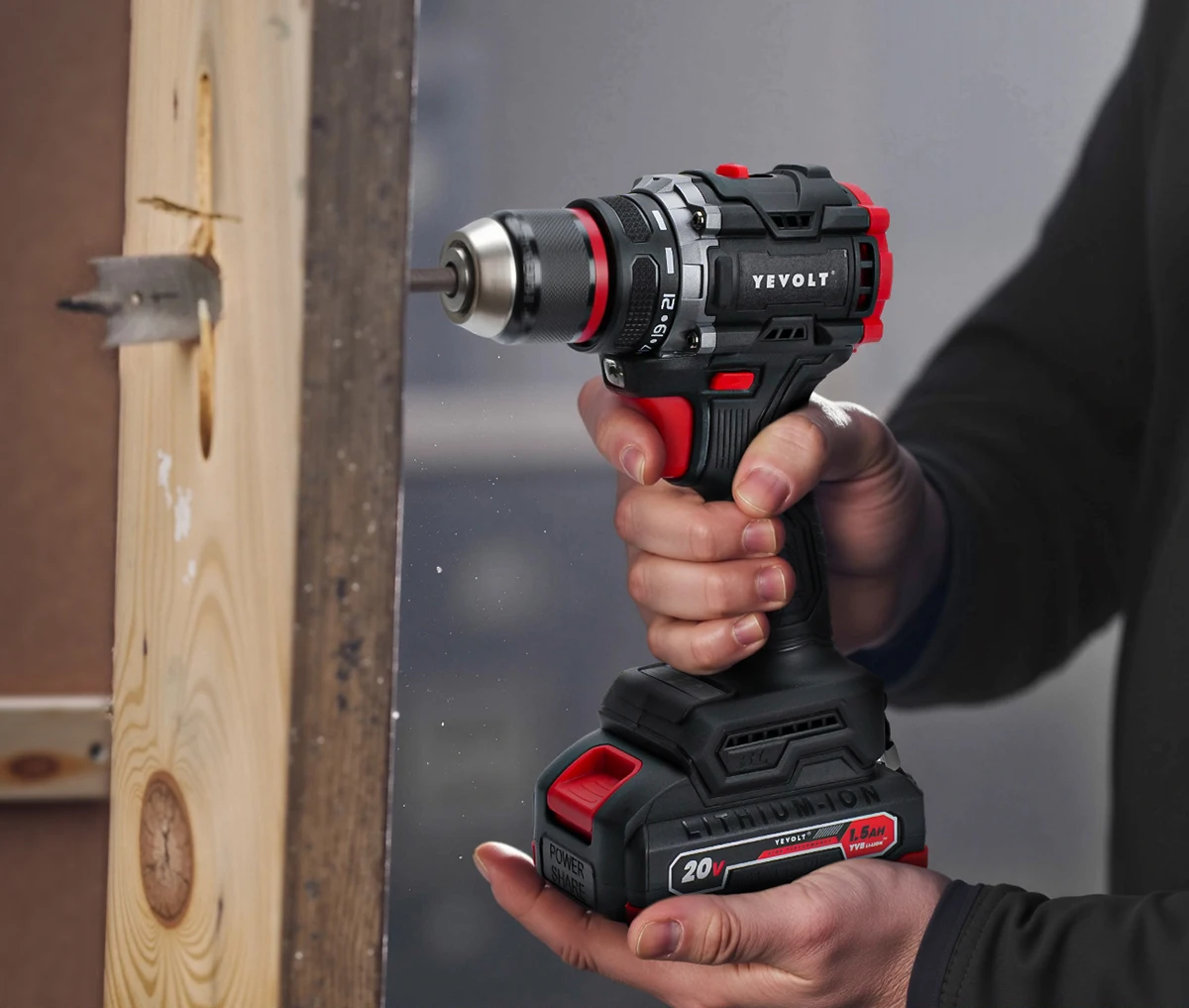Power Tool Batteries 2026

Compartilhar
When I first started working with power tools, I quickly learned one truth — no matter how advanced the drill or saw, it’s only as good as its battery. Over time, I’ve seen how power tool batteries have evolved from short-lived, bulky packs into the long-lasting, high-performance, fast-charging power sources we rely on today. In this article, I’ll break down everything you need to know about power tool batteries, from battery chemistry and charging tips to maintenance hacks that protect your investment. Whether you’re a DIY enthusiast or a professional contractor, understanding your battery can make the difference between smooth productivity and frustrating downtime.
At YEVOLT.NET, I’ve tested countless cordless tools, comparing lithium-ion, nickel-cadmium, and nickel-metal hydride technologies to find the ideal balance of power, runtime, and durability. Let’s dive into how these compact powerhouses work, how to maximize their lifespan, and how YEVOLT’s advanced batteries are designed to outperform the rest.
Best Power Tools | Shop YEVOLT Best Sellers Now
Understanding Power Tool Battery Types
1. Lithium-Ion (Li-Ion): The Modern Standard
Lithium-ion batteries have revolutionized cordless tools. They’re lightweight, fast-charging, and energy-dense, making them the go-to choice for most modern tools. Unlike older technologies, Li-Ion batteries don’t suffer from the dreaded “memory effect,” meaning you can recharge them at any time without reducing capacity.
At YEVOLT.NET, our Li-Ion packs integrate advanced cell balancing and thermal management systems that prevent overheating and extend overall lifespan.
2 Line Lasers | Shop Now

Hammer Drill | Rotary Lasers | Laser Distance Meter | Multimeters | Clamp Meter
Key Benefits:
-
Higher energy density (more power per charge)
-
Minimal self-discharge when not in use
-
Compact design with superior voltage output
-
Smart battery monitoring technology
2. Nickel-Cadmium (NiCd): The Tough Workhorse
Although slowly being phased out, NiCd batteries still have their place. They’re rugged, tolerant to extreme temperatures, and ideal for older models or heavy-duty tools that require consistent torque.
However, NiCd cells are heavier and require full discharges to avoid memory issues. At YEVOLT.NET, we still stock compatible packs for legacy users who rely on NiCd-powered tools.
3. Nickel-Metal Hydride (NiMH): The Balanced Performer
NiMH batteries bridge the gap between NiCd and Li-Ion, offering better capacity than NiCd but less volatility than Li-Ion. They’re a solid middle ground for users seeking affordability without sacrificing too much performance.
Cordless Drills | Shop Now
How to Maximize Battery Life and Performance
Proper Charging Practices
Always use a compatible smart charger. YEVOLT chargers use intelligent circuitry to optimize charge rates, detect temperature, and prevent overcharging. Avoid leaving batteries plugged in overnight—modern chargers auto-stop, but consistent overexposure to heat reduces lifespan.
Storage Tips
When not in use, store batteries in a cool, dry place—ideally between 10°C and 25°C (50°F–77°F). Never leave them in direct sunlight, freezing conditions, or on the dashboard of your truck.
Regular Maintenance
Clean battery contacts with a dry cloth to ensure efficient power transfer. Dust, oil, or corrosion can cause voltage drops that mimic “weak battery” symptoms.
Rotation Strategy
If you use multiple batteries, rotate them regularly. This evens out wear and ensures each battery maintains similar health.
Infrared Thermometers | Shop Now

Hygrothermograph | Moisture Meter | Illuminometer | Anemometer | Sound Level Meter
Signs Your Battery Needs Replacement
Even the best batteries don’t last forever. Watch for:
-
Rapid loss of charge or shorter runtime
-
Overheating during charging or operation
-
Visible swelling or leakage
-
Tools that stutter or lose torque
At YEVOLT.NET, we recommend replacing Li-Ion packs after 3–5 years of regular use, depending on workload and storage conditions.
YEVOLT’s Commitment to Battery Innovation
At YEVOLT.NET, we don’t just sell batteries—we engineer them. Our R&D team continuously tests new cell architectures, cooling systems, and energy management chips to deliver longer runtimes with safer operation.
Our signature YEVOLT MAX Power System delivers:
-
30% longer runtime than standard Li-Ion packs
-
Real-time voltage monitoring via smart interface
-
Adaptive cooling design that extends charge cycles
-
Sustainable, recyclable materials for lower environmental impact
We’re also committed to eco-friendly disposal. Through our battery recycling program, users can return old packs for proper breakdown and reuse of rare metals—because responsible power matters as much as performance.
Comparing Power Tool Batteries by Voltage
| Battery Type | Voltage Range | Ideal Use Case | Average Runtime | Charging Speed |
|---|---|---|---|---|
| 12V Li-Ion | Light DIY tasks | Compact drills, screwdrivers | 1–2 hours | 30–60 min |
| 18V / 20V Li-Ion | Professional-grade | Saws, impact drivers, grinders | 2–4 hours | 45–90 min |
| 40V+ Li-Ion | Heavy-duty | Lawn equipment, industrial tools | 4–6 hours | 1–2 hours |
If you’re unsure which battery fits your tools, our online Battery Compatibility Guide at YEVOLT.NET matches power packs to tool models for every major brand.
Laser Levels | Shop Now
Future of Power Tool Batteries
The next frontier? Solid-state batteries and graphene-enhanced cells. These next-gen solutions promise faster charging, higher density, and longer cycle life—a game-changer for both tradespeople and homeowners.
YEVOLT is already testing prototype systems designed to cut charge times in half and deliver 25% more watt-hours without increasing weight.
Final Thoughts
A great power tool deserves a great battery—and when you understand the technology behind it, you unlock its full potential. At YEVOLT.NET, we’re committed to empowering every craftsman and creator with reliable energy that keeps productivity high and downtime low.
Whether you’re upgrading your workshop or maintaining your fleet of cordless tools, invest in quality power tool batteries—your tools (and your projects) will thank you.
Voltage Testers | Shop Now
